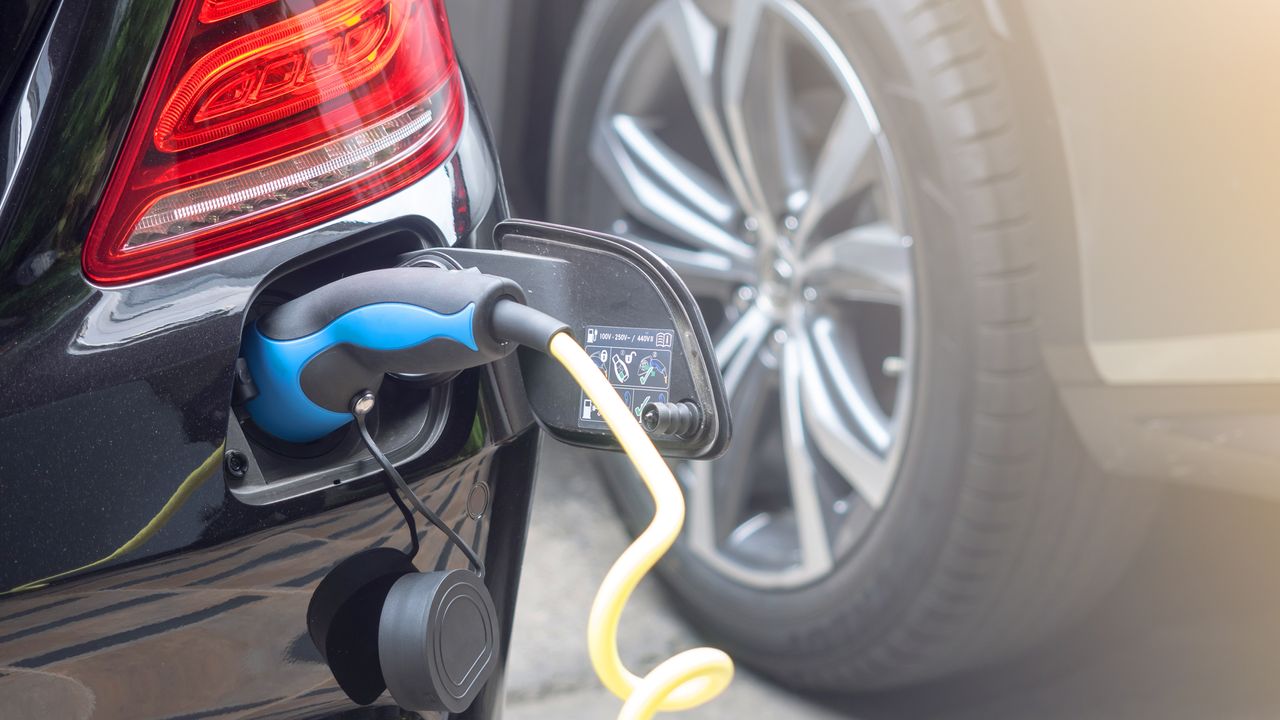Overview of Electric Cars: Clean Technology and Electric Mobility
Electric cars have gained significant popularity in recent years as a sustainable and eco-friendly mode of transportation. With advancements in clean technology, electric mobility has become a viable alternative to traditional gasoline-powered vehicles. In this blog post, we will provide an overview of electric cars and explore the benefits they offer in terms of clean technology and transportation.
Clean Technology
Electric cars are a prime example of clean technology. Unlike conventional vehicles that rely on internal combustion engines, electric cars are powered by electric motors and rechargeable batteries. This eliminates the need for fossil fuels and reduces harmful emissions, making electric cars a greener option for transportation.
By transitioning to electric cars, we can significantly reduce air pollution and combat climate change. The use of renewable energy sources to charge electric cars further enhances their environmental benefits. As the world shifts towards sustainable practices, electric cars play a crucial role in promoting clean technology.
Transportation Revolution
The rise of electric cars marks a transportation revolution. With their increasing popularity, electric cars are reshaping the way we think about transportation. They offer a sustainable solution to the challenges posed by traditional vehicles, such as air pollution, greenhouse gas emissions, and dependence on fossil fuels.
Electric cars provide an opportunity to create a more efficient and sustainable transportation system. Governments and organizations worldwide are investing in electric mobility infrastructure, including charging stations, to support the widespread adoption of electric cars. This infrastructure development is crucial in encouraging more people to choose electric cars and reducing the reliance on conventional vehicles.
Benefits of Electric Mobility
Electric mobility offers numerous benefits for individuals, communities, and the environment. Let’s explore some key advantages:
1. Environmental Impact:
Electric cars produce zero tailpipe emissions, reducing air pollution and improving air quality. They also contribute to lower greenhouse gas emissions when charged with renewable energy sources.
2. Cost Savings:
While the upfront cost of electric cars may be higher than traditional vehicles, they offer long-term cost savings. Electric cars have lower operating and maintenance costs, as electricity is generally cheaper than gasoline and electric motors have fewer moving parts.
3. Energy Independence:
Electric cars reduce dependence on fossil fuels, promoting energy independence. By utilizing renewable energy sources, we can further reduce reliance on non-renewable resources.
4. Noise Reduction:
Electric cars produce significantly less noise compared to combustion engines, resulting in quieter and more peaceful urban environments.
5. Health Benefits:
Reduced air pollution from electric cars leads to improved public health outcomes, including lower rates of respiratory diseases and cardiovascular problems.
Overall, electric cars offer a sustainable and efficient mode of transportation. As clean technology continues to advance, electric mobility will play a vital role in reducing environmental impact and shaping the future of transportation.
Conclusion
Electric cars represent a significant advancement in clean technology and electric mobility. With their environmental benefits, cost savings, and positive impact on public health, electric cars are revolutionizing the transportation industry. As more people embrace electric mobility and governments invest in supporting infrastructure, we can create a cleaner and more sustainable future.
